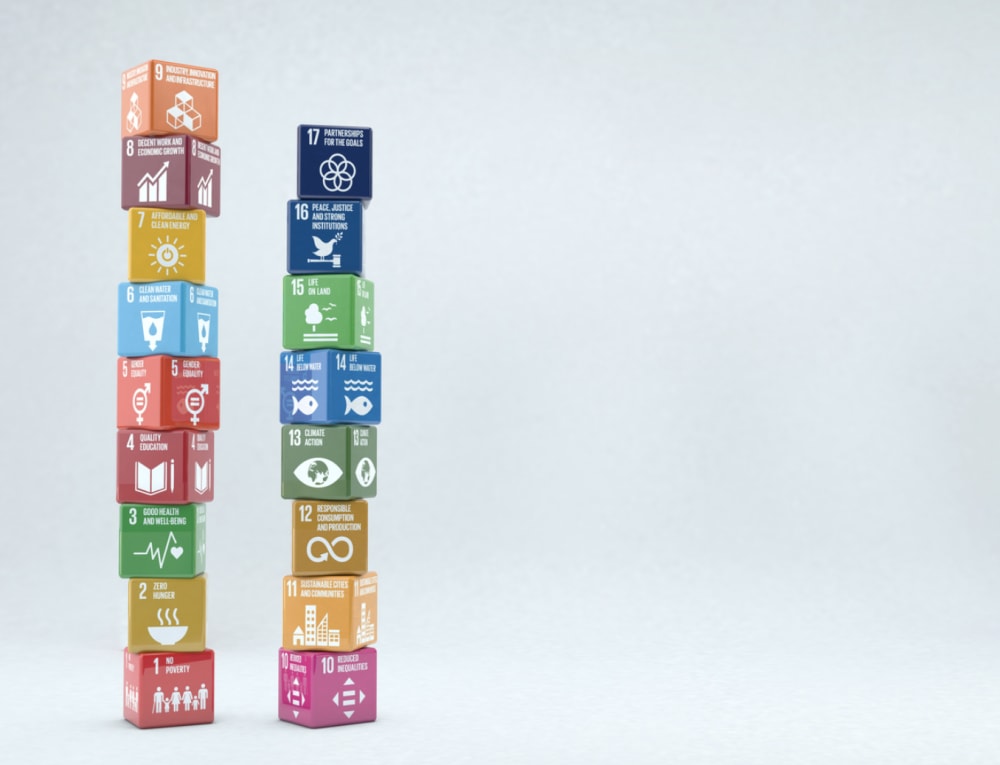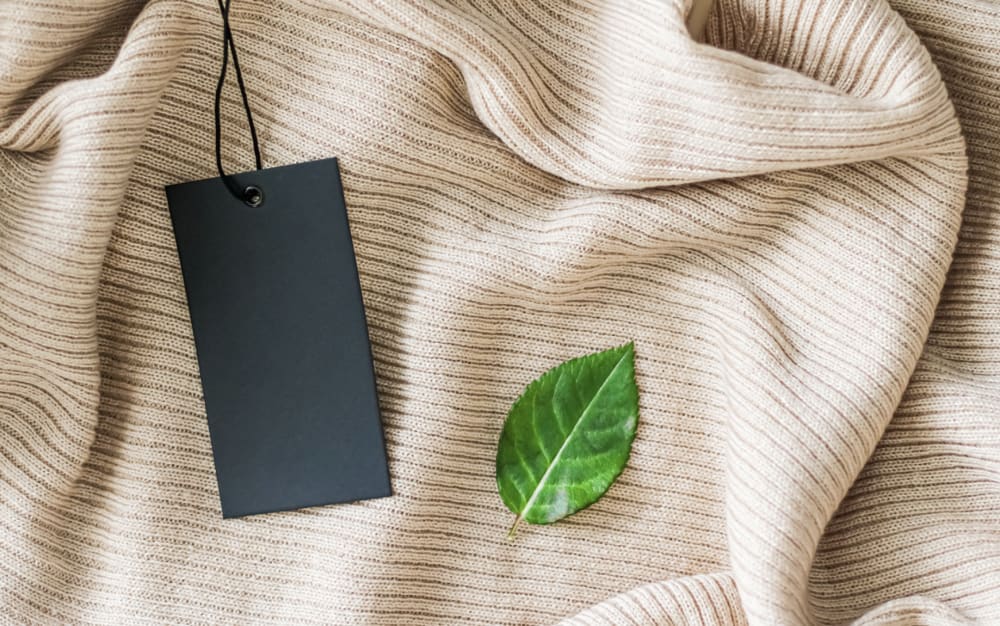The idea of ‘doing’ fashion in a different way, an alternative to the endless and exploitative cycle of fast fashion production and consumption has been widely and fiercely debated. However, it can sometimes be overwhelming or confusing when you first start looking at the alternatives, given all the different terms that are used and some of the greenwashing that goes on in the fashion world.
Whether it’s ecological balance, water pollution, social development, or fair trade…no matter what kind of social or environmental topic is of your greatest concern, there is likely to be an alternative somewhere in the field of slow, ethical, sustainable and conscious fashion. Below we will explore some of the different terms that are commonly used when referencing fast fashion alternatives.

Fashion Retailing: Slow, Ethical and Sustainable
The “fast speed” of fashion production processes, seasonal iterations, and the growth of throw-away fashion is a widely recognised problem in the industry. The appearance of “slow fashion” is a concept that developed in opposition to the idea of fast fashion, with the movement being grounded in a more considerate and long-lasting way of designing and manufacturing. The term is attributed to author, design activist, and professor Kate Fletcher, based on the premise that fashion should be quality-based instead of time-based.
Brands may adopt a slow fashion model in various ways, for example, by using more durable and quality materials; creating classic, low and/or zero waste designs; and supporting artisanal, local or small batch production. The slow-fashion mindset emphasises classic and contemporary pieces that will survive the test of time, with a move away from trend-led fashion.
“Ethical fashion” is an umbrella term that is often used to describe ethical fashion design, production, retailing, and trading: which can cover a wide range of issues that may arise throughout the garment life-cycle. This can include reference to workers’ rights and working conditions, fair trade production, environmental and animal welfare. A focus on ethical garment production and distribution by designers and brands, generally reflects a supply chain that strives to ‘reduce harm to people and the planet’.
Similarly, “sustainable fashion” is a term that is often used to encompass concepts such as ecological integrity and social justice. Many sustainable businesses, for example Deploy London, also look to align their sustainability mission to the UN’s 2030 Agenda for Sustainable Development and the 17 sustainable development goals or SDGs.

While the term sustainable fashion may be used more broadly when discussing the current movement towards a fairer and better fashion landscape, businesses generally have their own unique ways of interpreting what slow, sustainable or ethical fashion means to them. This is illustrated through the business practices that are adopted by the brands and in how they operate their business.
For example, sustainable brand I’mdividual interprets their sustainability story and ethical values in four parts, focussing on: natural and organic fabrics, local and small batch production, recyclable and biodegradable packaging, and lifetime repairs. Sustainable brand Gung Ho, runs campaigns that focus on different societal and environmental issues including Displacement, Climate Change, Food For Thought, Plastic Oceans and Precious Insects; allowing your fashion purchase to directly showcase the values you support. Ethical brands Jenerous and Birdsong are registered social enterprises, who invest in their supply chains to establish fairer and safer working environments.
Fashion Consumption: Making A Conscious Fashion Choice

“Conscious fashion” changes the perspective around, focussing less on the brands, but aligning more with the consumers’ attitudes and choices. Advocates for conscious fashion propose that consumers have greater awareness about the issues involved in the fashion industry and the impacts of their fashion purchases. This may involve learning more about where an item comes from, how best to care for the garment during its lifetime or how to extend the life of clothing, so that its use can be maximised.
Many brands today are making it easier and more transparent for customers to understand the difference they are making with their fashion choices. This all makes slow, sustainable and ethical fashion much more accessible to customers, so they can approach fashion more consciously, in order to find and support brands that align with their needs and values.
Exploring Fast Fashion Alternatives and Building Awareness
Whether you are looking beyond fast fashion, or just curious to explore some of the alternatives that are available, there are many businesses that are trying to make it easier for you to access fashion that aligns with your values and what you care for. Call it slow fashion, ethical fashion, sustainable fashion or a combination of the above, whatever the term, there are businesses who are actively working towards a cleaner, fairer and safer fashion industry. Even before we make any purchase, we can already engage in conscious fashion, by simply being more aware of what we buy and where we buy from, to be more conscious of the impacts of our fashion consumption.
At Curobe, our aim is to create a space that connects customers with brands and businesses that design and produce garments according to these alternative values. We promote a conscious approach to fashion buying, helping women choose garments that suit their body shape and size, to find things that fit their body and values.

Like what you just read? Share it on:

